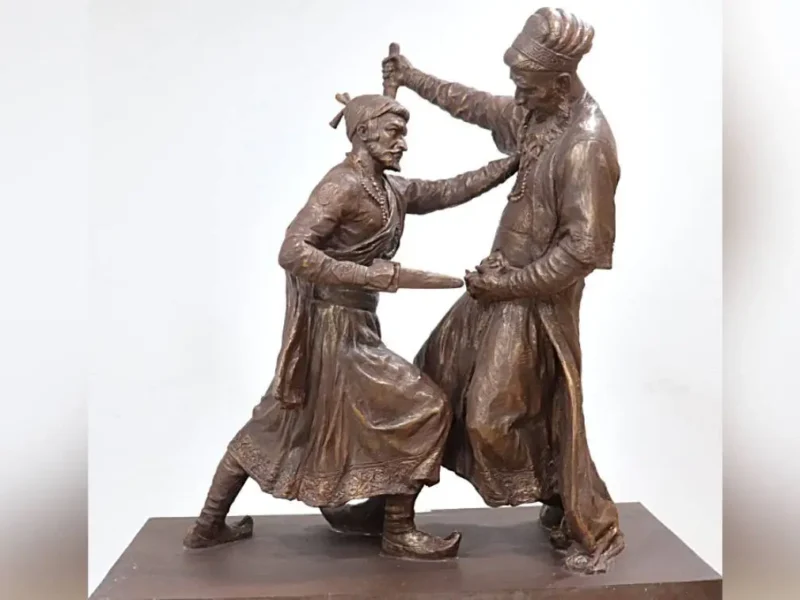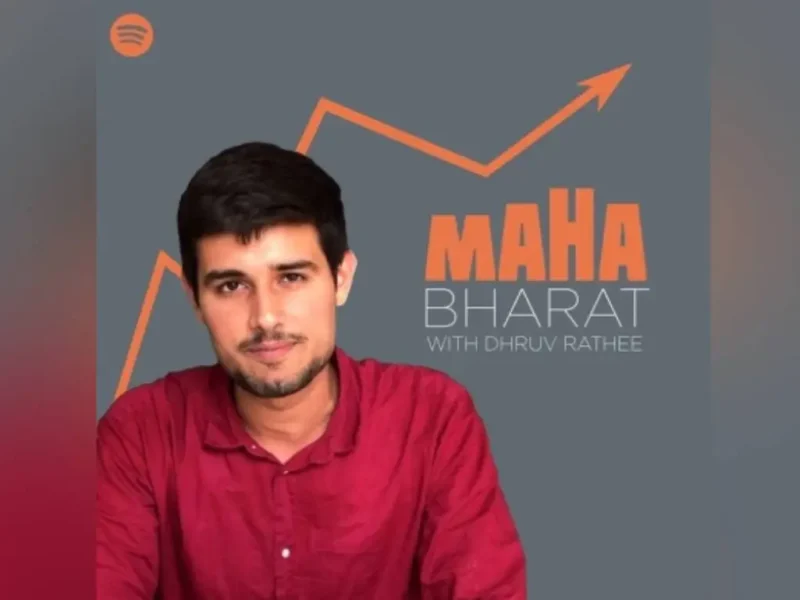
Government Continuing Steps to Restore Normalcy in Kashmir: U.S. Report
A report released in Washington by Secretary of State Antony Blinken on March 30 noted the release of detained political activists in Kashmir, the restoration of some internet access and the holding of local elections where an opposition coalition won most seats. (IANS file photo)
ARUL LOUIS/IANS
NEW YORK – “The government continued taking steps to restore normalcy in Jammu and Kashmir by gradually lifting some security and communications restrictions,” according to the State Department’s annual human rights report.
The report released in Washington by Secretary of State Antony Blinken on March 30 noted the release of detained political activists, the restoration of some internet access and the holding of local elections where an opposition coalition won most seats.
The report also drew attention to the killing and torture of government officials and civilians by terrorists while also mentioning human rights abuses by security forces.
The separatists, the report said, “committed serious abuses, including killings and torture of armed forces personnel, police, government officials, and civilians, and recruitment and use of child soldiers.”
The 2020 Country Reports on Human Rights Practices, which took a comprehensive look at the human rights situation across India, devoted a part of it to Kashmir. It was based on secondary and tertiary sources, including government reports and statements, news stories and reports by nongovernmental organizations.
The State Department report quoted the United Nations special rapporteurs as saying that since August 2019, when Kashmir’s special status was rescinded, “the human rights situation in Jammu and Kashmir has been in free fall” and that they were “particularly concerned that during the Covid-19 pandemic, many protesters are still in detention and internet restrictions remain in place.”
But the report also said, “The government released most political activists from detention. In January, the government partially restored internet access; however, high-speed 4G mobile internet remained restricted in most parts of Jammu and Kashmir.”
The State Department said that according to the Jammu and Kashmir Coalition of Civil Society, 662 individuals were arrested under the Public Safety Act in 2019, of whom 412 remained under detention as of August.
The report said that the government released most political activists from detention and that on Sept. 15, the Home Affairs Ministry said that only 223 Kashmiri political leaders who had been detained after August 2019, remained in detention “but added ‘no person is under house arrest.'”
On the political front, it said: “Local district development council elections took place in December in which a coalition of Kashmiri opposition parties won the majority of seats.”
The report took note of the plight of Kashmiri Pandits and said that tens of thousands of them “fled the Kashmir Valley after 1990 because of conflict and violent intimidation, including destruction of houses of worship, sexual abuse, and theft of property by Kashmiri separatists.”
It said that according to the Home Affairs Ministry, there were “65,000 registered Kashmiri migrant families across the country.”
The Prime Minister’s Development Package announced in 2015 included the creation of 3,000 state government jobs for “Kashmiri migrants” and according to the government, “the selection process had concluded for 1,781 posts and that 604 of the positions had been filled as of February 22,” the report said.
According to the report, the Home Ministry has accused Mohammed Yasin Malik and the Jammu and Kashmir Liberation Front that he led of participating in the “genocide” of Kashmiri Hindu Pandits in 1989.
Malik, who was arrested and charged with murder in the death of four Air Force officials in 1990, was denied the right to be physically present in court for his trial, it said.
The report said while there were killings by “insurgents and terrorists,” there were also extrajudicial killings by government forces.
Overall, it said that the JKCCS “reported 229 killings in 107 incidents in the first six months of the year. JKCCS also reported 32 extrajudicial killings in the first half of the year in Jammu and Kashmir.”
Till July, terrorists had killed six political party leaders, according to the report.
The report took note of government action against security force personnel accused of excesses.
The army initiated disciplinary proceedings against those involved in an incident in which three laborers were killed in July, and in December, it charged an officer and two others with extra-judicial killings, while local police also filed charges against them, the report said.
It added that the National Human Rights Commission can also ask for information about incidents involving the army or the paramilitary forces.
The report said, “Insurgent groups reportedly used children to attack government entities.”
It said that according to the United Nations, at least five children were recruited by militant groups in Kashmir, and at least two of them died in encounters with security forces. It added that according to the UN, 68 children between the ages of nine and 17 were detained by security services in Kashmir on national security-related charges.
The report mentioned the killing of a prominent journalist, allegedly by the Lashkar-e-Taiba, which has not been resolved and the perpetrators are still at large.
It said, “Formal charges have yet to be filed in the 2018 killing of Rising Kashmir Editor-in-Chief Shujaat Bukhari and his two police bodyguards. A police investigation alleged that terrorists belonging to Lashkar-e-Taiba targeted Bukhari in retaliation for his support of a government-backed peace effort. While a police special investigation team arrested three persons in 2019 ‘for their alleged role in arranging the logistics,’ the perpetrators were still at large, and the case remained open.”
The State Department quoted an Amnesty International report on the situation in the year since the abrogation of Article 370 of the Constitution abrogating Kashmir’s special status that documented 14 instances of detention, police interrogations, and assaults on journalists.
“The government also introduced a new media regulation policy in Jammu and Kashmir empowering local administration to determine ‘fake and anti-national news’ and to initiate related action against journalists,” the report said.




